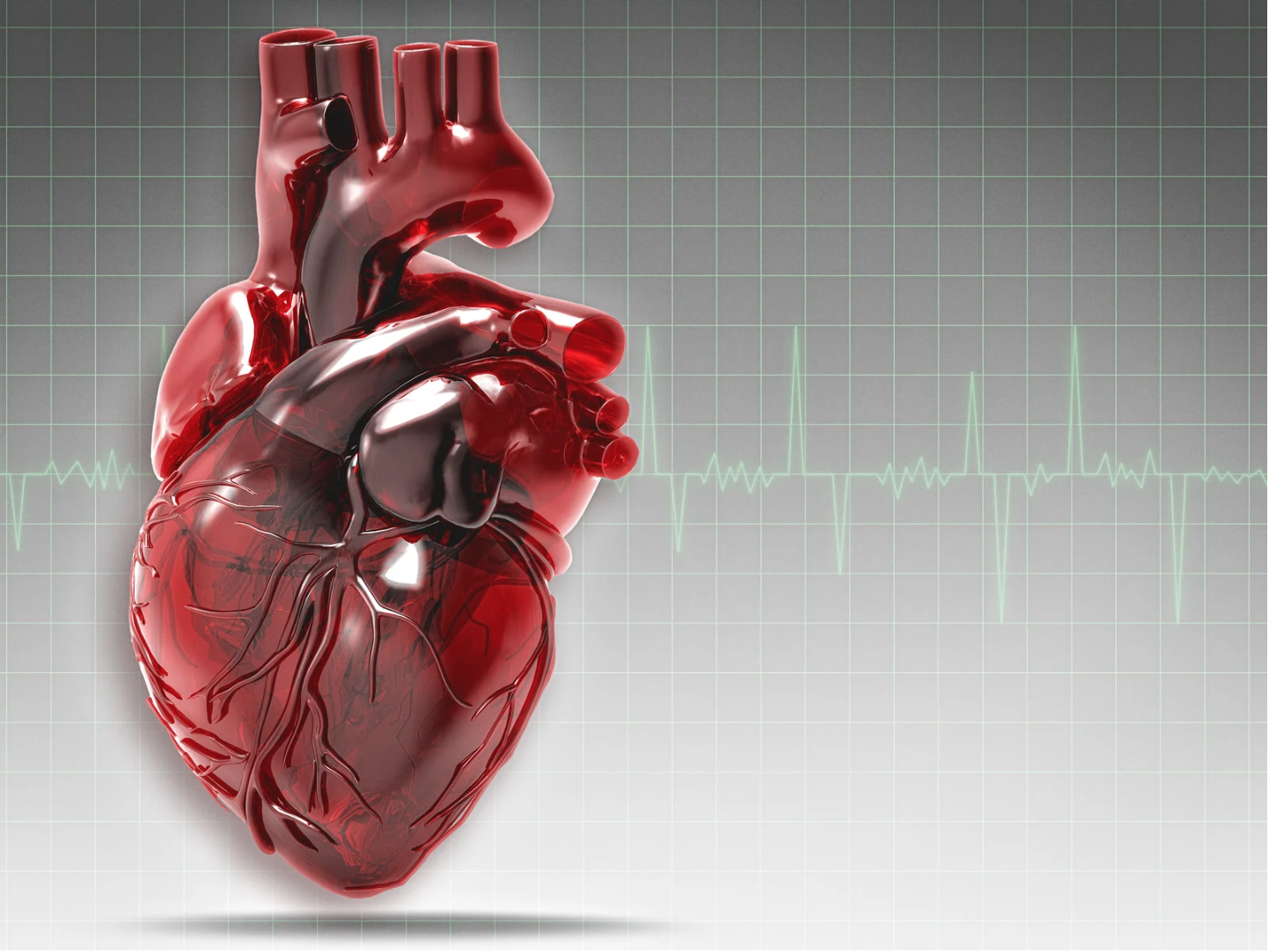Ice Cold Truth
Ice-Cold Truth: How Meth Breaks the Heart
Methamphetamine can have serious effects on the body — especially the heart and blood vessels. In this blog we will discuss the effects on the Cardiovascular system. Whether used once or regularly, meth can put extreme stress on the cardiovascular system and cause life-threatening problems.
What Happens Right After Using Meth?
Ever felt like your heart was about to jump out of your chest? When someone uses meth, their body releases a surge of “fight or flight” chemicals, like adrenaline and noradrenaline. This causes:
Faster heart rate (tachycardia)
Higher blood pressure (hypertension)
Irregular heart rhythms (arrhythmias)
These changes make the heart work harder than normal. In some cases, meth can even trigger a heart attack. This can happen because meth:
Narrows the blood vessels supplying the heart (coronary spasm)
Causes weak spots in arteries to rupture (plaque rupture)
Increases clot formation (platelet aggregation)
Why Blood Pressure and Heart Rate Go Up
Meth causes an increase in both blood pressure and heart rate shortly after use. This is because it stimulates the nervous system, tightening blood vessels and making the heart pump harder [Sevak et al., 2009; Hart et al., 2008].
These sudden spikes in cardiovascular activity put stress on the heart and blood vessels, raising the risk of stroke, heart attack, or sudden death.
The Long-Term Damage
Using meth over time can cause lasting and severe damage to the cardiovascular system. Conditions linked to chronic use include:
Cardiomyopathy: A disease of the heart muscle where the heart becomes enlarged and weak, leading to heart failure. People who use meth have nearly a four-fold higher risk compared to non-users [Bozkurt et al., 2016].
Myocarditis: Inflammation of the heart muscle, which may worsen heart failure [Tobolski et al., 2022].
Necrotizing vasculitis: Severe inflammation of blood vessels that can cause tissue and organ damage [Kevil et al., 2019].
Pulmonary hypertension: High blood pressure in the lungs’ arteries, which strains the right side of the heart [Zhao et al., 2018].
· Coronary artery disease: Meth speeds up the development of blocked heart arteries, making heart attacks more likely.
In fact, research has found that 1 in 5 meth-related deaths in Australia showed evidence of severe coronary artery disease.(Drake et al.,2017).
Why Does This Happen?
The damage from meth is caused by several overlapping processes:
Adrenaline overload → makes the heart beat faster and harder
Oxidative stress and mitochondrial dysfunction → damages heart muscle cells [Kolluru et al., 2022]
Calcium overload inside cells → triggers arrhythmias and cell death
Reduced blood flow to the heart → starves the heart muscle of oxygen [Gulati et al., 2021]
Inflammation of blood vessels → accelerates artery damage [Kevil et al., 2019]
Together, these effects can cause heart failure, heart attacks, and dangerous rhythm problems — even in younger people.
The Bottom Line
Meth puts extreme stress on the heart and blood vessels:
Short-term risks: fast heartbeat, high blood pressure, irregular rhythms, and heart attack
Long-term risks: heart failure, heart inflammation, blood vessel damage, lung hypertension, and clogged arteries
The good news? Some meth-related heart damage — such as cardiomyopathy — may improve if a person stops using meth and receives medical treatment [Reddy et al., 2020].
Protecting your hearts health means avoiding meth and seeking medical support early if you or someone you know is using. It is important that you seek URGENT medical advise if you are experiencing any Cardiac symptoms.
References
Amsterdam EA, Wenger NK, Brindis RG, et al. 2014 AHA/ACC Guideline for the Management of Patients With Non–ST-Elevation Acute Coronary Syndromes. J Am Coll Cardiol. 2014;64(24):e139-e228. doi:10.1016/j.jacc.2014.09.017
Gulati M, Levy PD, Mukherjee D, et al. 2021 AHA/ACC Guideline for the Evaluation and Diagnosis of Chest Pain.J Am Coll Cardiol. 2021;78(22):e187-e285. doi:10.1016/j.jacc.2021.07.053
Sevak RJ, Stoops WW, Hays LR, Rush CR. The Journal of Pharmacology and Experimental Therapeutics.2009;328(3):1007-18. doi:10.1124/jpet.108.147124
Hart CL, Gunderson EW, Perez A, et al. Neuropsychopharmacology. 2008;33(8):1847-55. doi:10.1038/sj.npp.1301578
Bozkurt B, Colvin M, Cook J, et al. Current Diagnostic and Treatment Strategies for Specific Dilated Cardiomyopathies. Circulation. 2016;134(23):e579-e646. doi:10.1161/CIR.0000000000000455
Reddy PKV, Ng TMH, Oh EE, et al. Clinical Characteristics and Management of Methamphetamine-Associated Cardiomyopathy. J Am Heart Assoc. 2020;9(11):e016704. doi:10.1161/JAHA.120.016704
Tobolski J, Sawyer DB, Song SJ, Afari ME. Cardiovascular Disease Associated With Methamphetamine Use: A Review. Heart Fail Rev. 2022;27(6):2059-2065. doi:10.1007/s10741-022-10261-7
Kevil CG, Goeders NE, Woolard MD, et al. Methamphetamine Use and Cardiovascular Disease. Arterioscler Thromb Vasc Biol. 2019;39(9):1739-1746. doi:10.1161/ATVBAHA.119.312461
Kolluru GK, Glawe JD, Pardue S, et al. Methamphetamine Causes Cardiovascular Dysfunction via Cystathionine Gamma Lyase and Hydrogen Sulfide Depletion. Redox Biol. 2022;57:102480. doi:10.1016/j.redox.2022.102480
Darke S, Duflou J, Kaye S. Prevalence and Nature of Cardiovascular Disease in Methamphetamine-Related Death: A National Study. Drug Alcohol Depend. 2017;179:174-179. doi:10.1016/j.drugalcdep.2017.07.001
Zhao SX, Kwong C, Swaminathan A, et al. Clinical Characteristics and Outcome Of Methamphetamine-Associated Pulmonary Arterial Hypertension And Dilated Cardiomyopathy. JACC Heart Fail. 2018;6(3):209-218. doi:10.1016/j.jchf.2017.10.006


